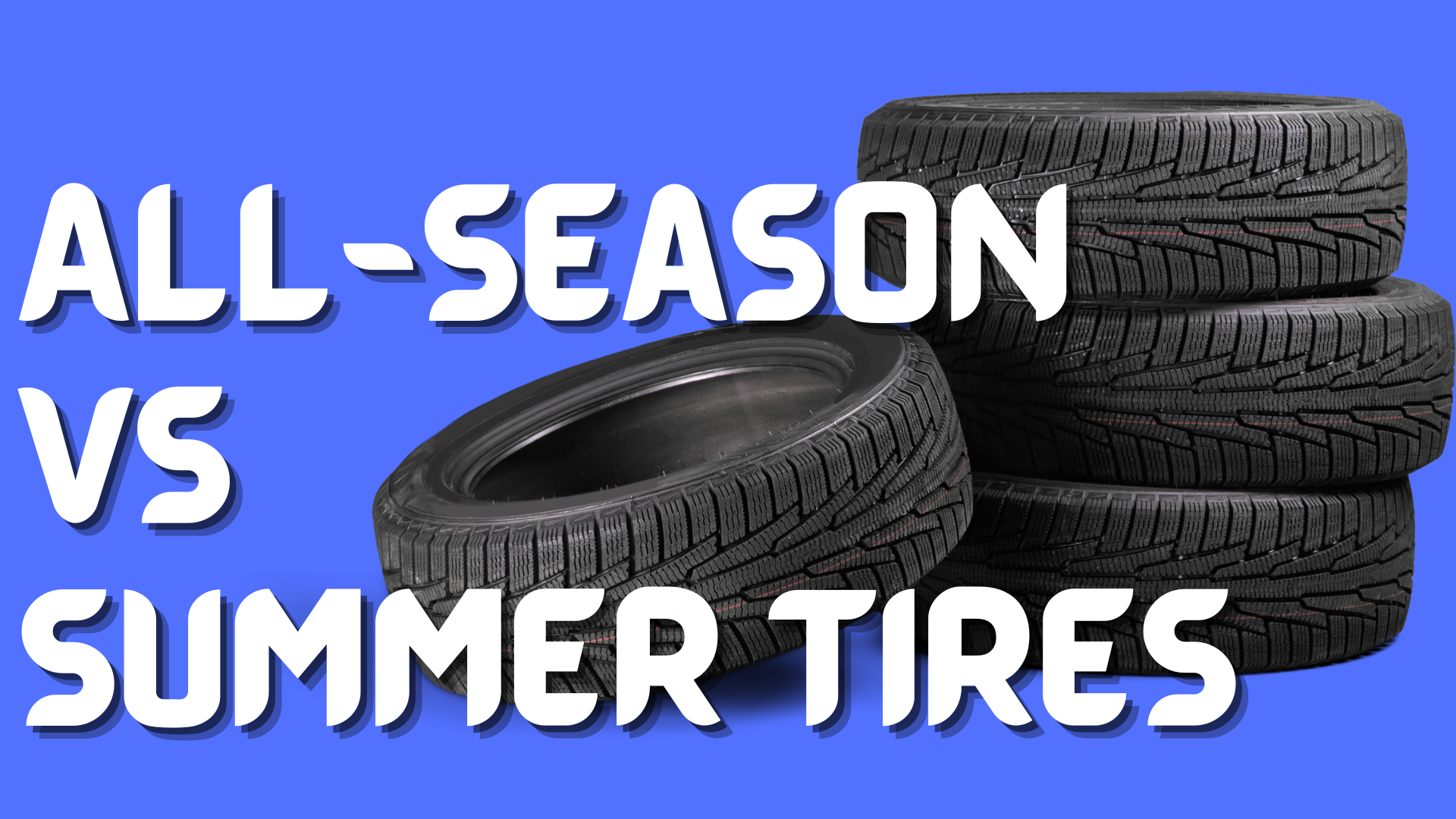Knowing the difference between all-season vs summer tires can be tricky, especially if you are an average driver. These types of tires are designed to serve specific functions, and using them interchanging can impact your driving experience in terms of handling, performance, and safety.
What Are All-Season Tires?
All-season tires are designed to provide optimum performance in any weather conditions. If you live in places where both summer and winter are mild, all-season tires will give you the best services.
All-season tires will offer you almost everything you require in terms of performance as long as the temperatures do not go to extremes. Such tires are versatile, and they suit most drivers’ needs despite the condition they drive in.
All-season tires have a longer lifespan compared to summer tires. Having them will reduce the frequency of tire changes as the season change.
However, all-season tires may not provide the best performance in extreme conditions. If you live in areas that experience harsh summers, you should consider investing in more specialized tires.
What Are Summer Tires?
Summer season is scorching, and there are special tires designed for such a season. Summer tires have a rubber compound that offers the best grip on dry and wet roads in warm temperatures.
Such tires are quiet when cruising on the highway. They maximize the contact between your truck and the road, giving you the most excellent control, stability, and braking capabilities of your truck when the roads are dry and hot, as well as during summer rains. Such tires have wide channels that keep water away and help in cooling the tires.
Summer tires are designed for hot seasons and may not give you the best performance during winter.
All-season Vs Summer tires
What’s the difference between all-season vs summer tires? One handles warmer weather perfectly than the other, but why?
Tread compound is the most significant difference between the two. Summer tires are made with rubber, silica, and polymers, enabling them to handle extreme heat and continue offering a good grip. Such compounds are not flexible and may not provide better traction during winter. On the other hand, all-season tires are made of moderate compounds to give them a long life under average environmental conditions.
The summer tires have optimized tread patterns and shallow tread depths for better traction and low rolling resistance. You will also realize that summer tires have a vast circumferential grove that evacuates water to resist hydroplaning. On the other hand, all-season tires have deep treads for better moisture evacuation and a good grip on various surfaces. They offer good traction in both summer and winter seasons. All-season tires can handle freezing temperatures but cannot handle scorching temperatures the way summer tires do. The most significant benefit of all-season tires is that they offer a comfortable ride and a long life span.
Conclusion
Shared above is a comparison between all-season vs summer tires. They are both are designed to perform better in specific conditions. All-season tires can handle all seasons, but they cannot handle the scorching summer well. After reading this guide, you can now tell the difference between these two types of tires.

